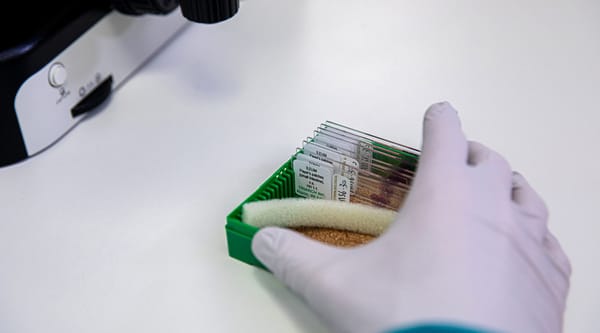Pregnant pause: should ADHD medications be stopped during pregnancy?
The study found there also appeared to be benefits associated with stopping medication use before conception including decreased risk of decreased risk of pre-eclampsia and hypertension.

First published by The University of Western Australia
A new study led by The University of Western Australia looked at whether medications used to treat attention-deficit hyperactivity disorder (ADHD) should be stopped during pregnancy.
PhD student Dani Russell, from UWA’s School of Population and Global Health, was the lead author of the paper published in Archives of Women’s Health.
“ADHD is becoming more commonly diagnosed in women; consequently, more women are taking ADHD medication such as dexamphetamine during pregnancy,” Ms Russell said.
“Our study investigated whether there were reasons to stop taking this medication during pregnancy.”
The research included women from Western Australia who had been taking dexamphetamine during pregnancy and gave birth between 2003 and 2018.
“The women who stopped taking their medication during pregnancy had an increased risk of threatened pregnancy loss compared to those who continued to take it,” Ms Russell said.
“However, the results indicated that continuing to take dexamphetamine did not put women or their babies at increased health risks.”
The study found there also appeared to be benefits associated with stopping medication use before conception including decreased risk of pre-eclampsia, hypertension, postpartum haemorrhage, admittance to the special care unit and fetal distress.
“Pregnancy can be a really stressful period for women with ADHD, so it is good to know that stopping their medication during pregnancy may not always be necessary,” she said.
The research is part of a larger body of work being carried out with guidance from women in the community with ADHD, hoping to provide much needed insight into the treatment during pregnancy.




